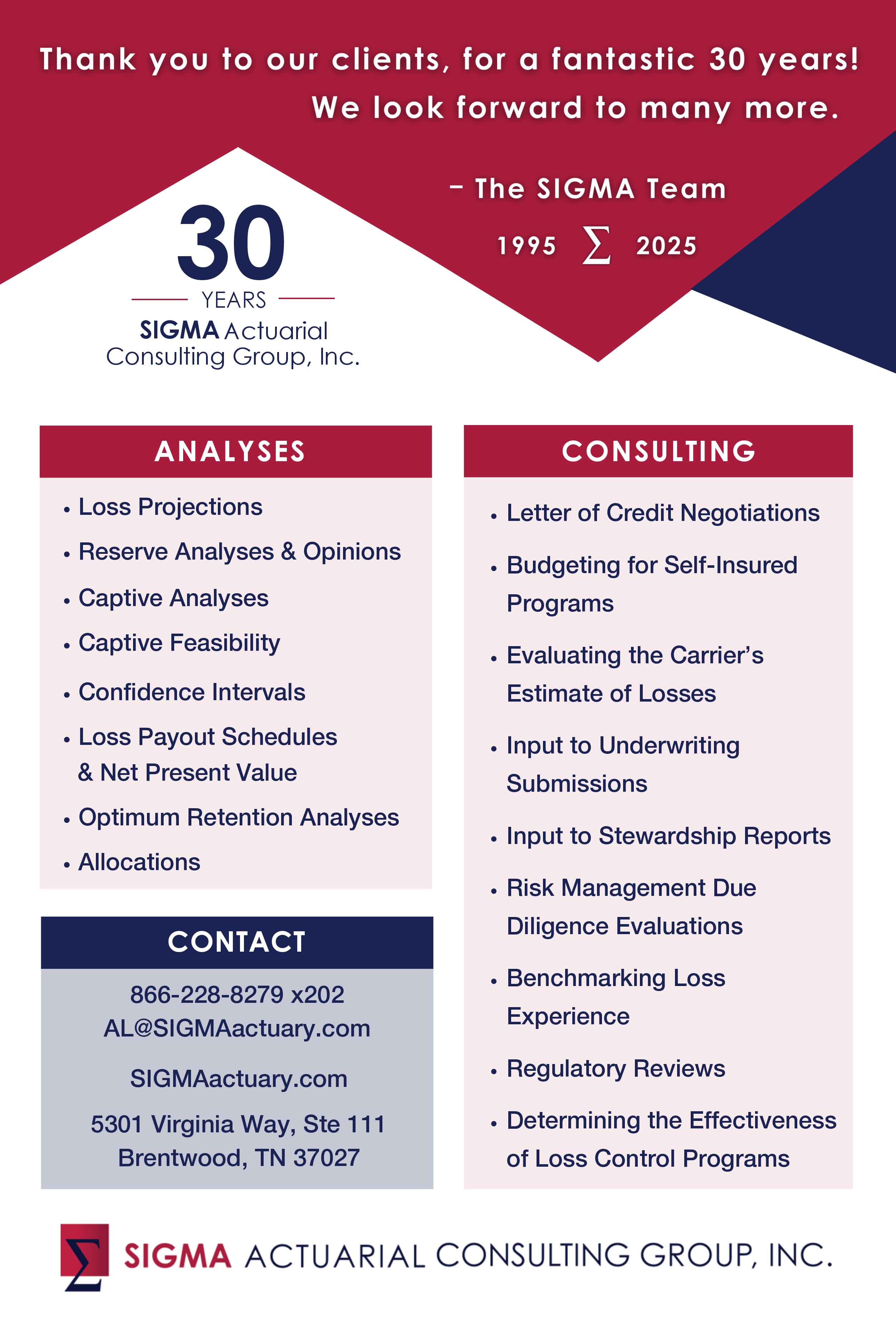The captive insurance industry can be part of the “new world” following a “fourth industrial revolution”, according to Paul Owens, managing director of Willis Towers Watson Global Captive Practice.
Responding to a question from a delegate about the impact of artificial intelligence and emerging technology during a panel at the 2018 Guernsey Insurance Forum, Owens’ said that technology was a great question, but “the problem is we don’t know what we don’t know”.
He explained: “There is going to be a massive shift. I am a strong believer in the fourth industrial revolution and it is coming down the track pretty quickly.”
Owens continued: “There is a completely different economy exploding underneath the traditional one. This is where the traditional insurance market and captives can come together to write solutions.”
“The dynamic is changing to a new world of shared economies and shared driving and the captive world can be part of that.”
According to Owens, advancing technology will “make things easier to process and transact”, which will “allow the industry to shift into more focus on brain power”.
He added: “We spend far too much of our time thinking about how things are going to be processed.”
Another panellist, Jenny Coletta, insurance tax partner, international tax and transfer pricing, EY, suggested that the debate over how to tax emerging technologies was still ongoing at the Organisation for Economic Cooperation and Development (OECD).
She explained: “[The OECD] has been reflecting a lot in relation to things like blockchain. How do we tax blockchains, the technology and the infrastructure behind that?”
“A lot of the thinking coming out of countries like India and other emerging markets is that if you are interfacing with a customer in a location, then that is the location where you should be taxed.”
“Other jurisdictions are saying that it should be at the heart of where the development and the innovation is taking place.”
Coletta concluded: “I can see that debate going on a long time.”






